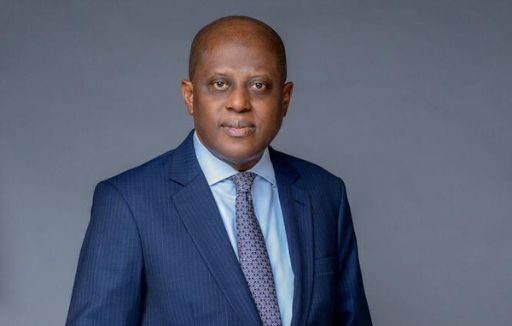Foreign portfolio investors desire policy changes from the nation in order to facilitate the inflow of their capital, according to Olayemi Cardoso, the governor of the Central Bank of Nigeria.
In response to questions regarding the recent volatility in the currency market, Cardoso stated as much on Monday in an interview with Arise TV.
According to the National Bureau of Statistics’ most recent report, capital importation into Nigeria was $654.65 million in Q32023, down from $1.16 billion in Q32022, or a 43.55 percent decline. Capital imports decreased by 36.45% from $1.030 billion in Q2 2023 compared to the previous quarter.
The largest share of capital importation in Q3 2023 came from other investments, which accounted for 77.56 percent ($507.77 million). Portfolio investments contributed 13.31 percent ($87.11 million), while foreign direct investment brought in 9.13 percent ($59.77 million).
Cardoso commented, “Some people look at foreign portfolio investors and say, ‘Oh, it is hot money and all that.'” in reference to FPI interest. That is not the case, in my opinion. I assume that you will have a diverse mix of investors in any portfolio you have, be it corporate or sovereign.
“Today, we have a situation where a lot of foreign portfolio investors are interested in coming back to the Nigerian market and if there is any group that has taken an interest, methodically, I say because they have not run over the door to get in, but they have taken a methodical interest in understanding the reforms that are taking place and how it is taking the country to a direction they believe is the right one, it is the foreign portfolio investors.”
The apex bank boss added that the reports of the rating agencies about Nigeria were also confirming the leanings of the FPIs.
“They come, you think they may not come back, then they come back a second time, they come back a third time and then they see some of the rating agencies coming out with their own conclusions of how they see the economy of the country progressing. It validates their thinking. We do additional reforms; it continues to encourage them. That is how I see investors playing today.
“Gone are the days when you can shut yourself out. The thing is to have it as part of the mix of the different inflows,” he said.
He went on to say that the government is sending a message to foreign investors with its recent decision to fund the Nigerian National Petroleum Corporation Limited in addition to other ministries, departments, and government agencies.
According to him, “It also sends a power message that NNPCL and other MDAs have recently moved their funding straight to the central bank.” It provides more assurance that Nigeria is at last moving in the direction that many investors would like to see it go.
